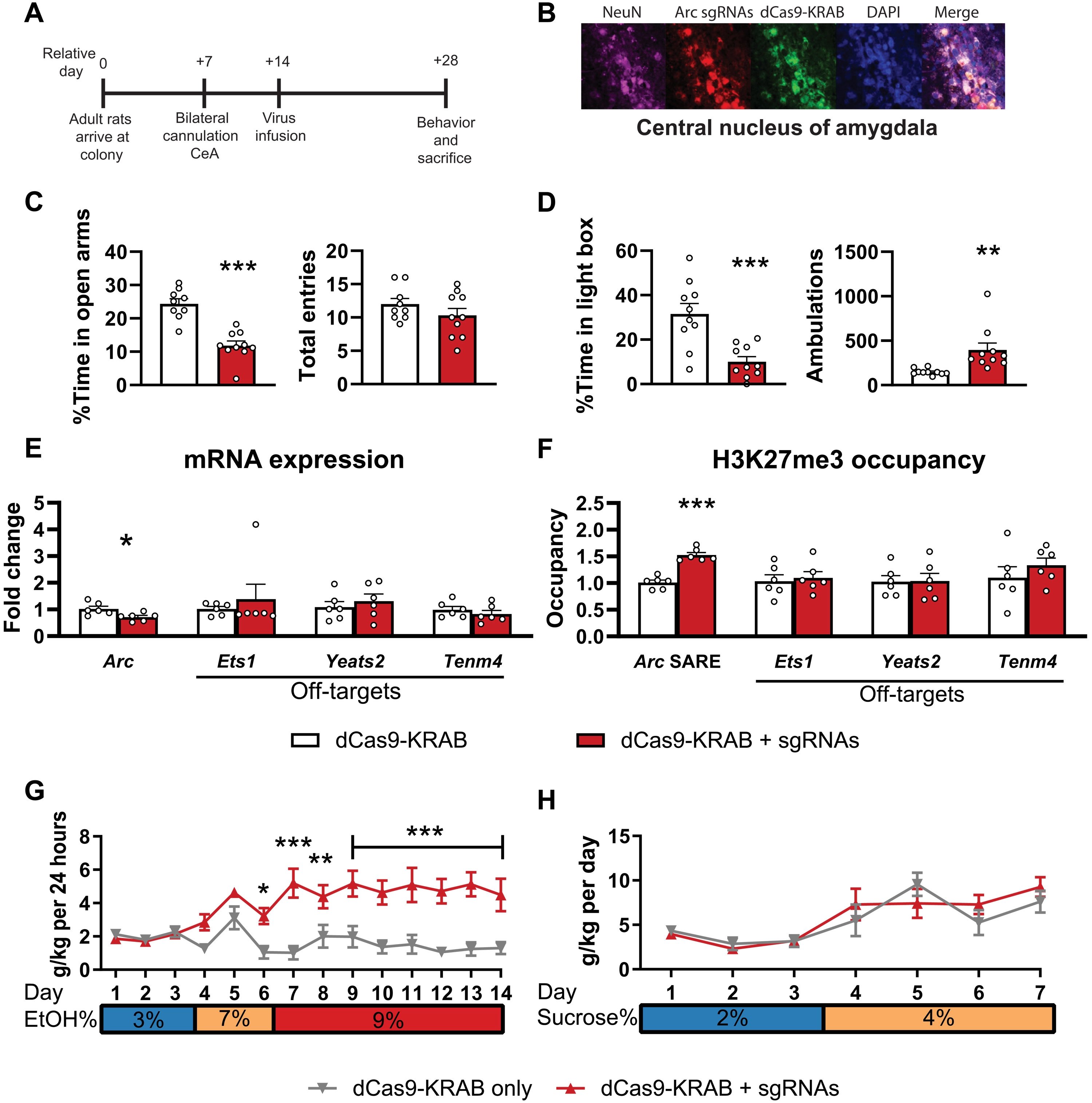According to [scientific progress] published on May 4, 2022( https://www.science.org/doi/10.1126/sciadv.abn2748 ) 》According to the results of an animal study in the journal, gene editing may be a potential treatment for anxiety and alcohol use disorders in adults who have been exposed to alcohol during adolescence** The study was published by researchers at the University of Illinois at Chicago (UIC), who have been studying the effects of early alcohol abuse on later health.

In earlier studies, the UIC team found that alcohol abuse in adolescence changed the brain chemistry of the enhancer region of the arc gene, an activity regulating cytoskeleton related protein instant gene, and reduced the expression of arc in the amygdala of rodents and humans. This epigenetic reprogramming of the arc gene in the brain's emotional and memory centers contributes to the susceptibility to anxiety and alcohol use disorders in adulthood.
In the new study, scientists show that this lifelong epigenetic reprogramming can actually be reversed by gene editing.

"Early alcoholism can have long-term and significant effects on the brain, and the results of this study provide evidence that gene editing is a potential antidote to these effects, providing the brain with a 'factory reset' model, if you like," said Subhash Pandey, senior author of the study, Professor of joseph-a-freherty psychiatry and director of the UIC Center for alcohol epigenetics
Pandey and his team used a gene editing tool called crispr-dcas9 to manipulate the histone acetylation and methylation of Arc gene in an adult rat model. These processes make it easier or harder for genes to be activated.

First, the researchers studied the intermittent alcohol exposure of adult rats during their adolescence, which is about the same as that of humans aged 10 to 18 years. They observed that when dcas9 was used to promote acetylation, a process that loosens chromatin and allows transcription factors to bind to DNA, arc gene expression was normalized. Moreover, indicators of anxiety and alcohol consumption also decreased.
Anxiety is measured by behavioral tests, such as recording the exploratory activities of rats placed in a maze test, while alcohol preference is measured by monitoring the amount of liquid consumed by rats when selecting two bottles, including tap water, sugar water and different concentrations of alcohol (3%, 7% and 9%).

In the second model, the researchers studied adult rats without early alcohol exposure. When inhibitory dcas9 is used to promote methylation, it tightens chromatin and prevents transcription factors from binding to DNA, reduces Arc expression, and increases indicators of anxiety and alcohol consumption.
"These results suggest that epigenome editing in the amygdala can improve adult psychopathology after adolescent alcohol exposure," the authors report.
"Adolescent alcoholism is a serious public health problem. This study not only helps us better understand what happens in the developing brain when they are exposed to high levels of alcohol, but also gives us hope that one day we will effectively treat complex and multifaceted diseases such as anxiety and alcohol use disorders," Pandey said, He is also a senior research professional scientist at Jesse Brown veterans medical center. "This effect is bidirectional, which verifies the significance of arc enhancing gene in amygdala in epigenetic reprogramming of adolescent alcoholism."